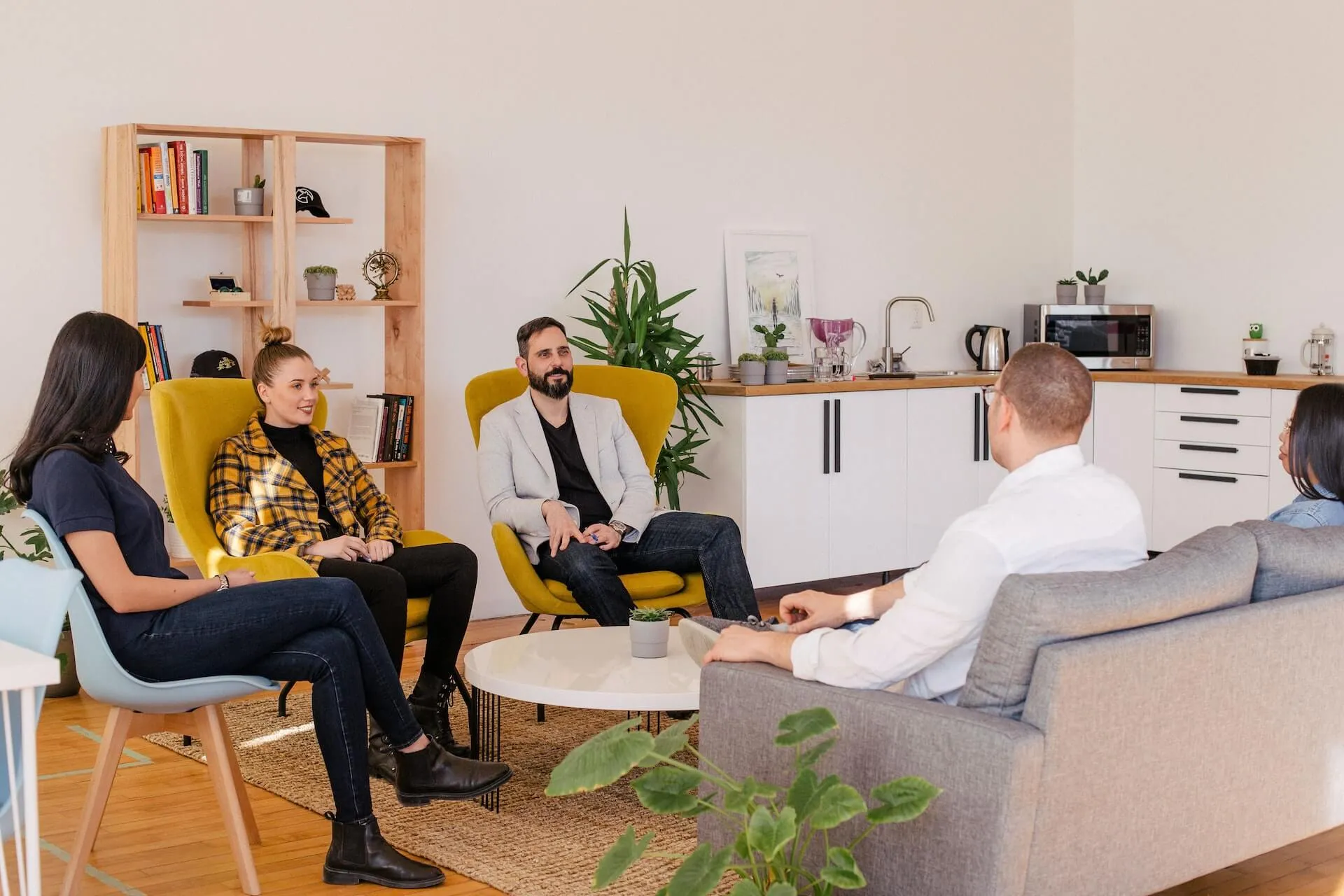24/7 Helpline:
(866) 899-221924/7 Helpline:
(866) 899-2219
Learn more about Aftercare Support centers in Ronda
Aftercare Support in Other Cities

Other Insurance Options

Sliding scale payment assistance

Health Choice

BHS | Behavioral Health Systems

EmblemHealth

ComPsych

Magellan

Sutter

Absolute Total Care

WellCare Health Plans

AllWell

Optima

Carleon

Self-pay options

Humana

Lucent

Anthem

Premera
Beacon

Medical Mutual of Ohio

Private insurance






















